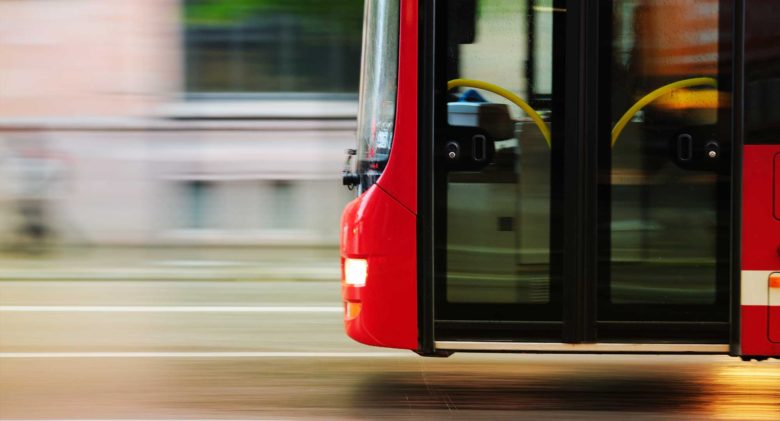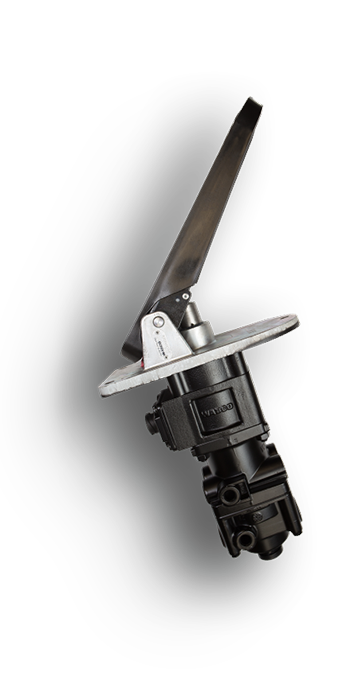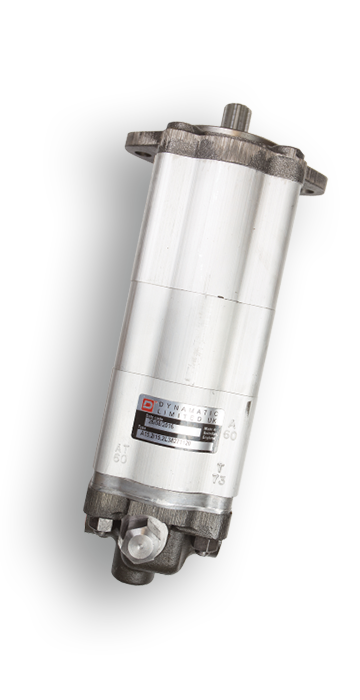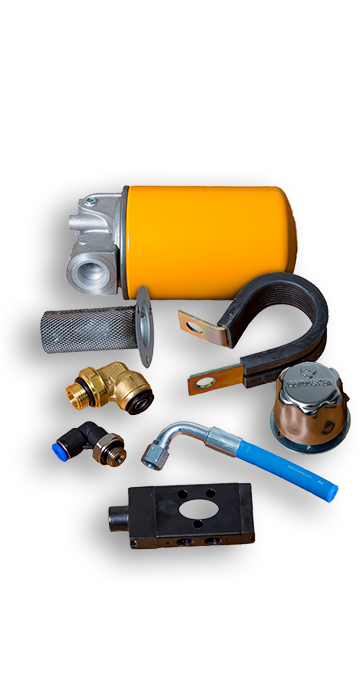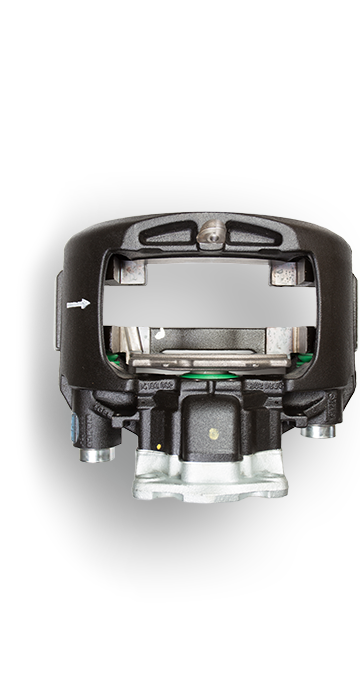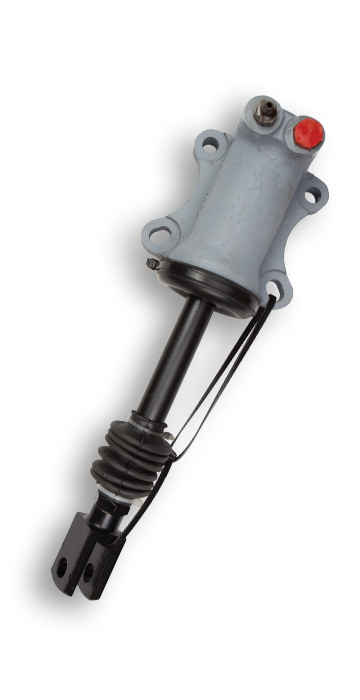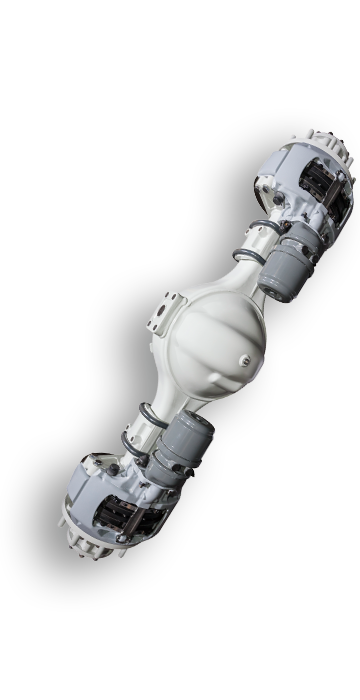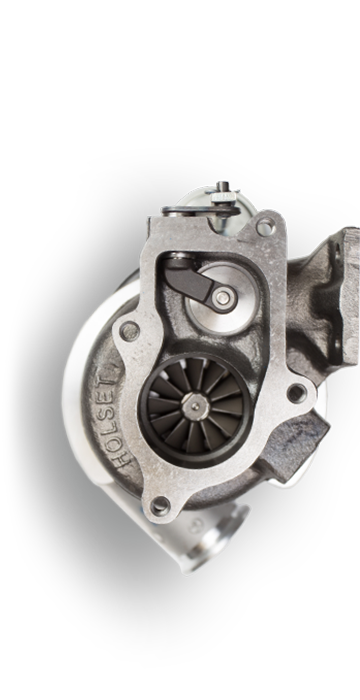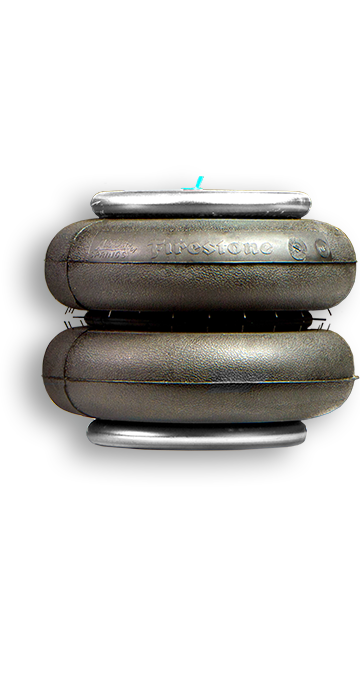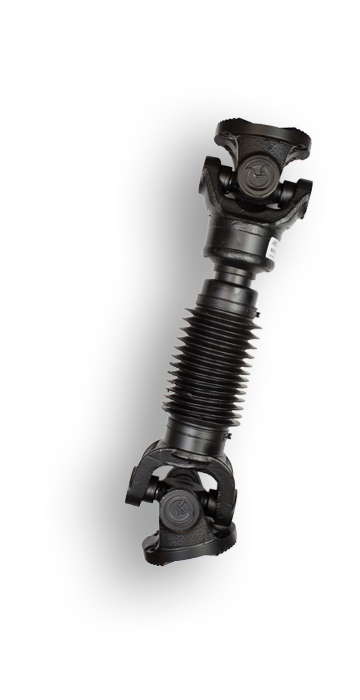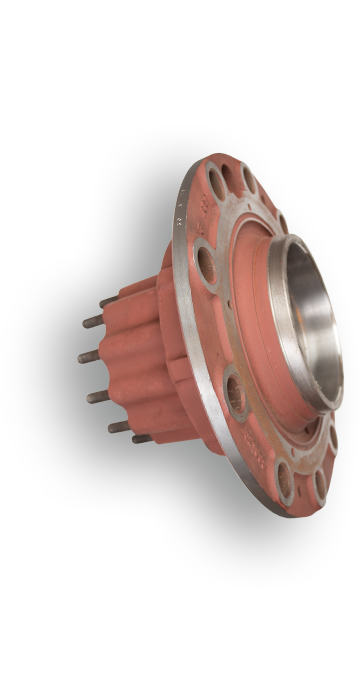Bus Back Better
The government has published its strategy for hundreds of miles of new bus lanes in England and 4,000 new British-made hydrogen or electric buses to help cities transition to emission-free public transport. Entitled Bus back better the strategy repeats a pledge, first announced in February 2020, to ‘level up buses across England towards London standards’. It also includes a consultation on the ending of diesel bus sales and this is open to the public until 11th April.
‘Bus back better’ includes plans to simplify bus fares and introduce daily price caps, provide more frequent evening and weekend services, integrate train and bus services, and ensure that contactless payment is available on all services, in the wake of the pandemic. Further ambitions laid out include enhancing access for disabled passengers and providing ‘next stop’ announcements on all services that will help all passengers travel with confidence.
Launching the strategy, which is backed by £3 billion of investment and encourages closer co-operation between local authorities and bus companies, the government’s Transport Secretary, Grant Shapps, said: “Buses are this country’s favourite way of getting around, so the quality of bus service shouldn’t be dependent on where you live. Everyone deserves to have access to cheap and reliable bus journeys, so the strategy will completely overhaul services, ensuring we build back better from the pandemic.”
Paul Tuohy, Chief Executive of the Campaign for Better Transport, said: “Funding for bus infrastructure is good news. The government, which has been supportive of the bus industry over the last year, also has a duty to make sure that we build back green as we come out of the virus-induced restrictions. It has rightly recognised that more bus lanes and priority traffic lights are needed to make it easier for the bus to make good progress through our urban areas.”
The strategy document states that the bulk of funding will be available from 2022 but spending in 2021/22 will include ‘at least £300m’ to help the sector recover from the pandemic. This includes £120m for the introduction of zero emission buses and an unspecified amount for ‘bus priority schemes to speed up journeys.’
Despite the economic challenges facing operators, the most recent research shows that bus passenger satisfaction remains high. Almost 90% of respondents said that they were satisfied with the last bus journey they took. As newer, quieter, cleaner buses join fleets, it’s expected that this figure will go up, which is far higher than feedback from train travellers.
Commenting on the launch of the ‘Bus back better’ strategy, John Dwight, Imperial Engineering’s Sales Director, said:
“The pandemic has been the most challenging period for the bus sector in a generation. There has been significant progress in delivering cleaner, more sophisticated services, so we welcome this new strategy which will help our industry recover and improve the passenger experience. As a market leader in the supply of brand new parts to the bus and coach sector, Imperial Engineering remains sharply focused on supporting operators with our expert service on providing the highest quality parts to keep fleets safe and fully compliant.”
